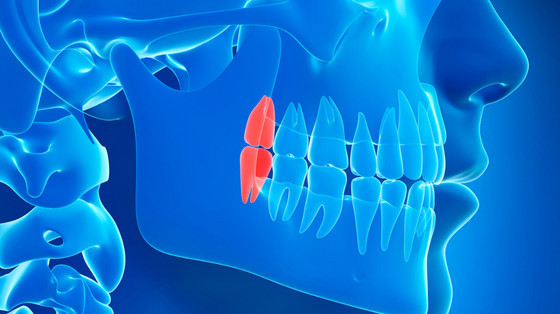Worrying Wisdoms: A Guide to Wisdom Teeth
Wisdom teeth Gordon are just one of those things that every person has to go through, and although we all go through the process, we certainly don’t all have the same experience.
Wisdom teeth can be really simple and cause no bother, but they can equally cause patients months if not years of trouble.
With this in mind we’re going to take a little look at these late bloomers and see what we can do to try and make the experience a little more manageable.
Why do we get wisdom teeth?
Our teeth are actually categorised by their place in the mouth and function.
The sharp teeth near the front are to tear food into smaller pieces, whilst the flatter teeth are at the back to actually grind the food down.
The flatter teeth are what we call molars and as adults we have three sets of them, the third set being more commonly known as wisdom teeth.
These will likely come through between the ages of 17 and 21, but people are known to have suddenly had teeth come through well into their 30s!
Really we don’t need our wisdom teeth anymore, they’re a leftover from our ancestors we just haven’t quite evolved out of yet, which makes them doubly annoying for those who suffer with them.
The problems that occur

Our heads and thus our jaws have actually become smaller over the thousands of years we’ve been around.
Some scientists believe that as the human brain got bigger, jaws got smaller in order to account for the space needed and thus most problems relating to wisdom teeth are due to the fact that they simply do not fit.
Sometimes patients won’t even be able to see their wisdom teeth, but are still having issues. Wisdom teeth which haven’t yet come through the gums are known as impacted wisdom teeth.
 The biggest issue associated with wisdom teeth is infection. Unfortunately wisdom teeth are very susceptible to infection, this is largely due to their positioning, being at the back of the mouth makes for difficult cleaning and great spaces for bacteria to build up.
The biggest issue associated with wisdom teeth is infection. Unfortunately wisdom teeth are very susceptible to infection, this is largely due to their positioning, being at the back of the mouth makes for difficult cleaning and great spaces for bacteria to build up.
And for impacted teeth there can be parts of teeth which are exposed and some which aren’t, causing real problems for infection.
In some cases it might be that the teeth have grown on a funny angle which is causing pain and infection to occur.
This is something patients can discuss with their dentists as the teeth come further through.
Symptoms teeth are infected
If your wisdom teeth are infected you’re probably going to know about it pretty soon as they become sore very quickly, but here are some things to look out for:
Pain or sensitivity in and around the teeth, pain in and around the jaw, swelling of the face or jaw, bleeding gums, white fluid around coming from the gums, bad breath, weird tastes, trouble chewing and opening your mouth.
Some of these symptoms are also common among other dental issues, which is why if you ever begin to experience any new symptoms with your teeth you need to get to the dentist for a full check-up.
Related: What are the Signs of a Dental Emergency?
DISCLAIMER
Any surgical or invasive procedure carries risks. Before proceeding you should seek a second opinion from an appropriately qualified health practitioner.
Even though I went to a brilliant dentist to have my wisdom teeth extracted, the one tooth extraction was one of the most painful procedures of my life because I experienced what’s called a dry socket. Not to put you off, or anything, just saying. Always worth weighing up the pros and cons of any surgery.


